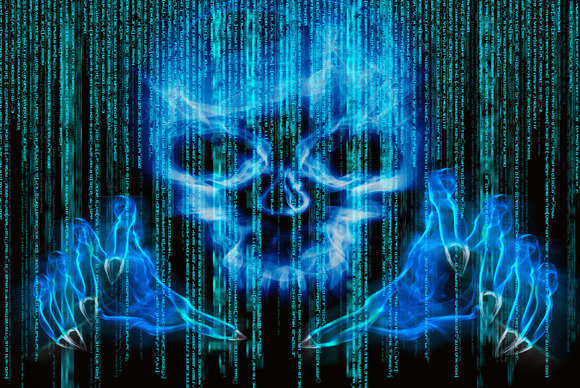Malware and Viruses..What’s the difference?
The terms "Malware" and "Virus" get thrown around a lot when it comes to cyber threats and infections, but if you're in business it's probably good to know what the difference is. First off, a Virus is actually Malware, or at least a type of Malware. It is any malicious software - hence the name, Mal-ware.
Types of malware
Spyware
Spyware effectively spies on or tracks your internet activity and helps the hacker gather information about the victim’s system, without the consent of the victim. Spyware’s presence is typically hidden from the host and it is very difficult to detect. Some companies purposely install a form of spyware on employee machines to monitor activity....*feels paranoid*
Adware
Adware is also known as advertising-supported software. It is programmed to examine which Internet sites the user visits frequently and to present and feature related advertisements. Not all adware is malicious, but becomes very annoying as content can be quite frequent and begin to impact a devices performance.
Virus
Noted already, Virus is a specific malware in itself. It's a contagious and nasty piece of code that infects software on the host machine and quickly spreads. It is mostly known to spread when software is shared between computers. Similar to a parasite, you really don't want a virus within your network...
Ransomware
Ah yes. The one we've all heard so much about over the last few months. Ransomware is a complex piece of software that locks a user's machine. Once infected, the screen usually displays a message claiming explaining what has happened and how the user can regain access. Cyber criminals will usually demand a ransom to be paid in order for the restriction to be removed. It's worth noting that paying the cyber criminal won't guarantee access to your computer or files. Anyway, are you really going to trust them after they just locked you out of your machine..?
Trojan
Trojans are designed to make a user think they are safe when they're actually malicious, hence the term Trojan horse from Greek mythology. They can be programmed to steal important personal and financial information, and later take over the host computer’s system files.
Worm
This type of malware will replicate itself and destroys information and files saved on the host PC. It works to eat up all the system operating files and data files on a drive.


Comments are closed.